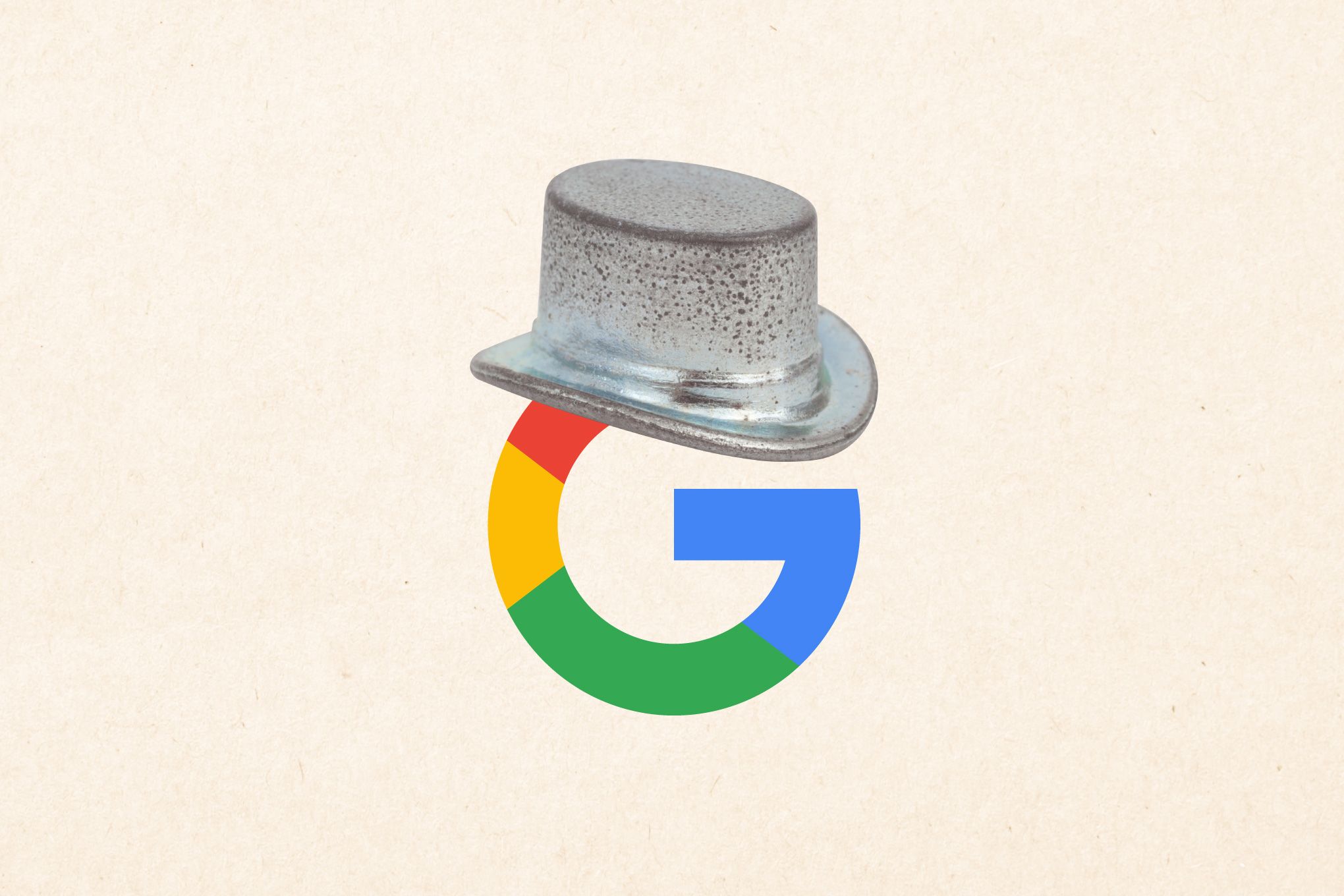Judge Leonie Brinkema cut straight to the heart of Google's antitrust remedies trial this week with a pointed question about trust. After witnessing Google employees allegedly dodge evidence preservation rules in last year's trial, she's now questioning whether behavioral remedies can work if the company can't be trusted to follow them in good faith.
The courtroom tension was palpable when Judge Leonie Brinkema interrupted DOJ expert testimony with a hypothetical that exposed the core dilemma facing Google's antitrust remedies trial. "Should she issue a strict order modifying Google's behavior, could it resolve the issues at hand if you had confidence that Google would actually act in complete good faith?" she asked.
The question wasn't academic. Brinkema presided over Google's previous trial where the DOJ repeatedly presented evidence of employees using chat messages to avoid creating discoverable records. She called it a "systemic disregard of the evidentiary rules" - harsh words that now loom over this remedies phase.
The stakes couldn't be higher. The DOJ wants Google to spin off its AdX ad exchange and potentially sell its DFP publisher tool, arguing that behavioral remedies won't prevent the company from re-monopolizing ad tech markets. Google's counter-proposal involves court-ordered behavioral changes while keeping its integrated ad tech stack intact.
Google advertising executive Tim Craycroft testified that the DOJ's breakup proposals were "naive" and "incoherent," but his own admissions may have undermined the company's case. When pressed by DOJ attorney Matthew Huppert, Craycroft couldn't commit to lowering AdX's 20% take rate - a figure Judge Brinkema previously ruled was above competitive levels.
Even more damaging, Craycroft acknowledged that Google had internally studied shutting down AdX entirely in an analysis called "Project Monday." This prompted Judge Brinkema to ask why complete shutdown wouldn't be "a very simple and elegant solution" - an option even more extreme than what the DOJ requested.
The technical feasibility question is becoming less of a hurdle for divestiture. Craycroft admitted a "business divestiture" of AdX would be feasible within two years, including transferring IP, customer contracts, and reference code. Former engineer Goranka Bjedov, who helped migrate Instagram and WhatsApp during their acquisitions, testified that reference source code would be sufficient for a full migration.












